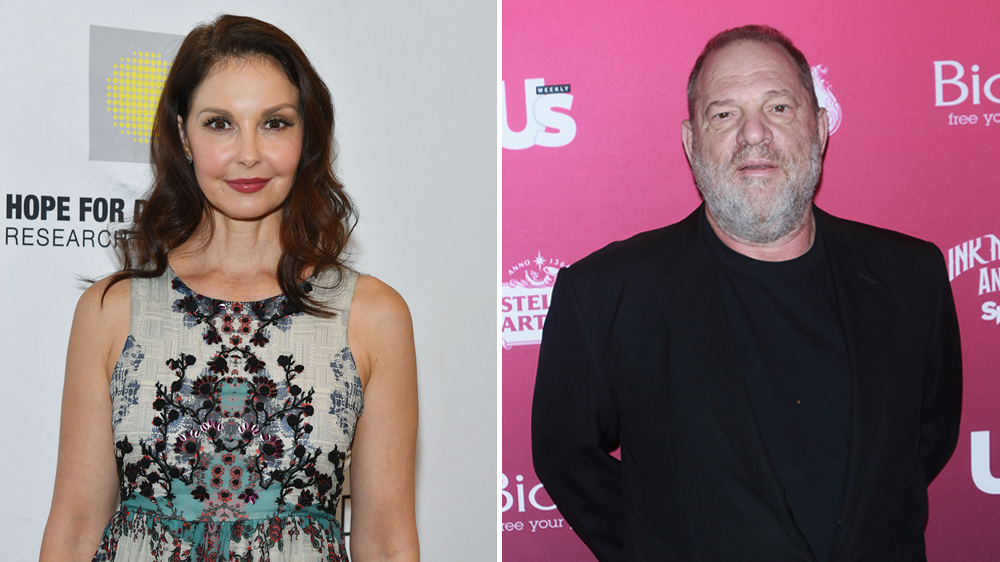Ashley Judd’s Attorney Urges 9th Circuit to Revive Harvey Weinstein Claim
By Gene Maddaus
LOS ANGELES (Variety.com) – Ashley Judd’s attorney urged the 9th Circuit Court of Appeals on Friday to revive a sexual harassment claim against Harvey Weinstein.
Judd sued the producer in April 2018, alleging that Weinstein had sexually harassed her at a hotel room in the mid-1990s, and then blackballed her in the industry when she rebuffed him. She cited an interview with director Peter Jackson, in which Jackson said Miramax had discouraged him from hiring Judd for “The Lord of the Rings,” saying she was a “nightmare to work with.”
U.S. District Judge Philip Gutierrez allowed Judd to pursue her defamation and retaliation claims, but dismissed the harassment allegation, finding that Judd’s role as a “prospective employee” was not covered under California sexual harassment law.
Judd appealed the dismissal, and a three-judge panel of the 9th Circuit heard argument on the case via videoconference on Friday morning.
Judd’s attorney, Theodore Boutrous, argued that Weinstein held power over her even if she was not working on a Miramax project at the time of the hotel room meeting.
“Ms. Judd couldn’t sever her ties with Harvey Weinstein at that time. He was the gateway to professional success for actors,” Boutrous argued. “He was still the overlord of the film industry.”
Weinstein is currently serving a 23-year sentence in a prison near Buffalo, N.Y., for rape and sexual assault. Judd was among the first to expose his sexual misconduct, telling the New York Times in October 2017 that he had tried to massage her, and asked her to watch him take a shower. She refused and left.
Judd had previously worked on one Miramax film, “Smoke,” which came out in 1995.
Arguing for Weinstein, attorney Phyllis Kupferstein asserted that their relationship had ended after that film, and that they had no business relationship at the time of the hotel meeting.
“The relationship has to be existing at the time of the harassment,” she argued. “That’s over.”
The California Legislature amended the state sexual harassment law in 2018 to explicitly cover the sort of informal relationships typically found in the entertainment industry, such as those between producers and actors.
Judge Morgan Christen, one of the three panel judges, suggested that the court might construe the statute to refer to any business relationship where one party has coercive power over another — rather than relying on the list of relationships spelled out in the statute.
“I imagine the relationship might not just be dependent on a job title,” she said.
Judge Sidney Stein seemed to back Boutrous’ contention regarding Weinstein’s influence over Judd’s career.
“I don’t think there’s any question that he was a major player in the industry at the time,” Stein said. “I think it would be reasonable for her to think that this man held substantial sway over her career.”

